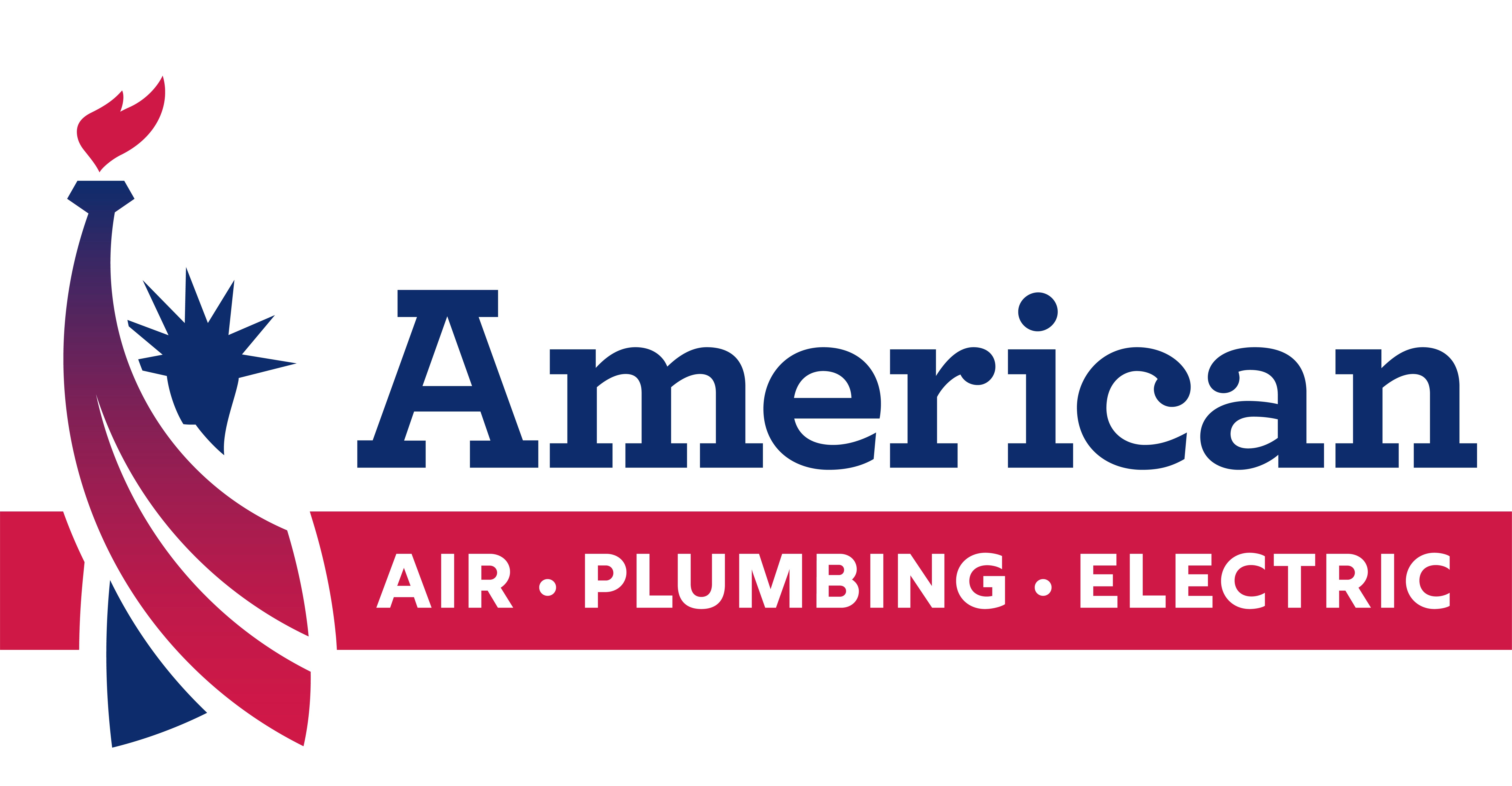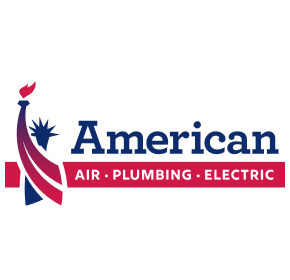Central Florida is well known for its beautiful weather – and our amazing lightning storms! Did you know that Florida is considered the Lightning Capital of the world? The Sunshine State has the highest number of lightning deaths in all of the United States. Lightning can kill, cause serious injury, and damage property. Recently, we’ve seen our iconic water fountain at Lake Eola receive a $1.6 million overhaul as a result of a lightning strike that caused damage to the pumps, lights, and electrical controls. Well, it’s also very common for lightning to strike homes in Central Florida, particularly electrical and plumbing fixtures. It’s a good idea to turn off your air condition system during and after a storm since a power surge can cause big damage. If your ac system or heat pump has been damaged due to a lightning strike, consider these tips:
Tip One: Document, Document, Document
Before doing anything else, and while it’s fresh in your mind… document specific facts about the storm. Document the date and time the lightning struck and, if you were home, document what you experienced. Take photos of anything that was affected. Even better, use a video camera to document the after-effects of the lightning strike.
Tip Two: Inspect Your Thermostat
Go to your thermostat and if it’s an electric thermostat, make sure the light is on and has power. If not, turn it on and set the thermostat temperature so that the fan turns on. If the thermostat does not turn on, check your breaker. If it’s a battery-operated thermostat, replace the battery; and if all power sources have been inspected and the thermostat still doesn’t work, call American Air, Plumbing, and Electrical.
Tip Three: Inspect the Fan Unit
In split-system cooling, there is an indoor fan and an outdoor condenser. Once the thermostat is working and the air conditioner system starts, you should hear the fan and /or outdoor condenser start just about at the same time. However, if for some reason the fan does not turn on checking your circuit breaker. After resetting the breaker, if it trips back off, call American Air, Plumbing, and Electrical. If the power is on but the unit itself doesn’t start, the problem may be related to the outdoor unit.
Tip Four: Inspect the Outdoor Condenser
In almost cases, your outdoor condenser is likely to have two circuit breakers within just a few feet of your unit. If the breakers are ON, reset the breaker by turning the switch OFF and then back ON. If one or both trip OFF, call American Air, Plumbing, and Electrical.
Other Things to Consider
Insurance companies will typically only pay for the parts that have failed. The biggest problem we’ve seen is that you could experience failures to other parts within your system down the road from the lightning strike, only to be denied by the insurance company. This is because insurance companies won’t typically pay multiple claims to your air conditioning system.
Unfortunately, it’s impossible to test for these types of potential future breakdowns. However, you can feel confident that when we perform repairs to air conditioning systems or heat pumps after a lightning strike, we perform full load tests for long periods, which minimizes the risks of failure caused by the lightning.
Has Lightning Struck Near Your Home? Call American Air, Plumbing, and Electrical today for a full system inspection and repair.

